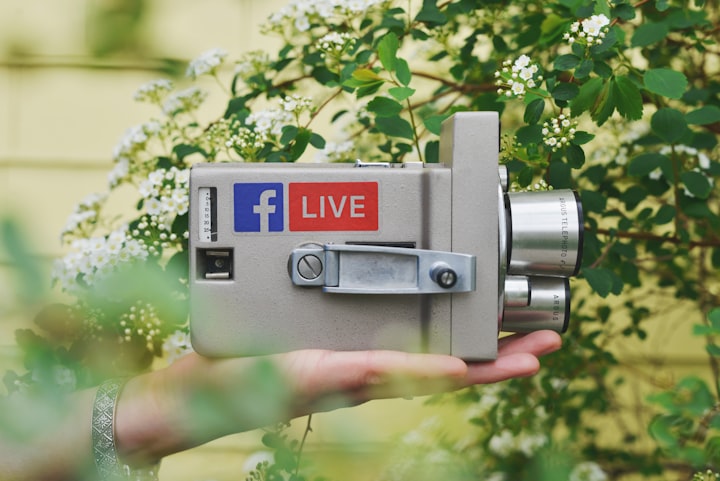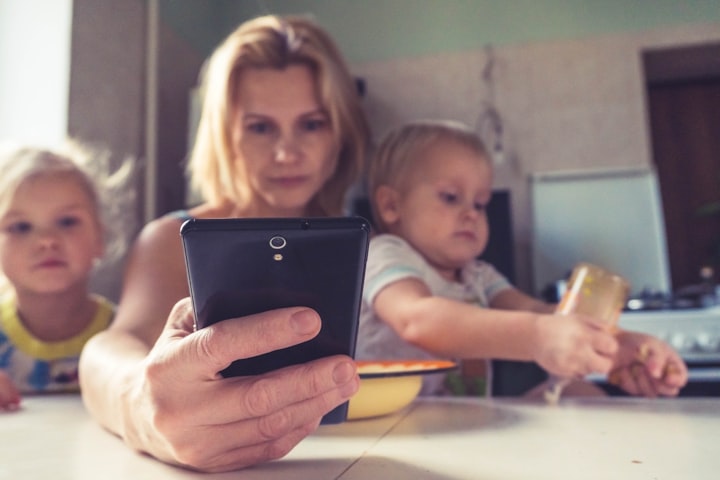impact of social media on society
social media on society

The impact of social media on society is profound and multifaceted, touching nearly every aspect of our lives. From communication and relationships to politics, business, and culture, social media has reshaped the way we interact, consume information, and perceive the world around us. In this exploration of the topic, we'll delve into the various dimensions of social media's influence on society, examining both its positive and negative effects.
One of the most significant impacts of social media is its transformation of communication patterns. Platforms like Facebook, Twitter, Instagram, and Snapchat have revolutionized the way we connect with one another, allowing for instant communication across vast distances. Friends, family members, and acquaintances can stay in touch effortlessly, sharing updates, photos, and videos in real-time. Social media has also facilitated the emergence of online communities based on shared interests, hobbies, and identities, fostering connections that transcend geographical boundaries.
Moreover, social media has democratized the dissemination of information, enabling individuals to share news, opinions, and ideas with a global audience. Citizen journalism has flourished on platforms like Twitter, where users can report on events as they unfold, bypassing traditional media gatekeepers. This has led to greater transparency and accountability in society, as information that was once controlled by a select few is now accessible to anyone with an internet connection.
However, this democratization of information has also given rise to concerns about the spread of misinformation and fake news. Social media algorithms prioritize engagement and virality, often amplifying sensationalist content over factual reporting. This has fueled the proliferation of conspiracy theories, rumors, and propaganda, undermining trust in traditional media sources and eroding the shared basis of truth in society. The spread of misinformation on social media has had tangible consequences, from influencing elections to fueling public health crises and exacerbating social tensions.
Another significant impact of social media is its effect on mental health and well-being. While social media can provide a sense of connection and belonging, it can also contribute to feelings of loneliness, inadequacy, and anxiety. The curated nature of social media feeds often leads to social comparison, as users compare their lives to the idealized versions presented by others. This can create unrealistic expectations and feelings of inadequacy, particularly among young people who are more vulnerable to social influences.
Moreover, the constant exposure to carefully crafted images and lifestyles can distort perceptions of reality, leading to body image issues, low self-esteem, and depression. Studies have shown a correlation between heavy social media use and poor mental health outcomes, including increased rates of anxiety and depression. The addictive nature of social media, characterized by endless scrolling and compulsive checking, further exacerbates these issues, as users struggle to disconnect and set boundaries.
In addition to its impact on individuals, social media has also reshaped the landscape of politics and activism. Platforms like Twitter and Facebook have become battlegrounds for political discourse, where ideas are debated, alliances are formed, and movements are mobilized. Social media has democratized political participation, allowing marginalized voices to be heard and challenging traditional power structures. The Arab Spring, Black Lives Matter, and #MeToo movements are just a few examples of how social media has been used to catalyze social change and hold institutions accountable.
However, social media's influence on politics is not without its drawbacks. The echo chambers and filter bubbles created by algorithmic curation can reinforce existing biases and polarize public discourse. People are more likely to be exposed to information that aligns with their preexisting beliefs, leading to the fragmentation of public opinion and the erosion of consensus. Moreover, the proliferation of misinformation and propaganda on social media has undermined the integrity of democratic institutions, raising concerns about the manipulation of elections and the spread of disinformation.
Social media has also transformed the way we consume news and information, challenging traditional media models and reshaping the dynamics of the industry. With the rise of social media platforms, news organizations have had to adapt to a digital-first landscape, where speed and virality often take precedence over accuracy and depth. This has led to the commodification of news, as media outlets compete for clicks and views in an attention economy driven by algorithms.
Moreover, social media has blurred the lines between journalism and activism, as individuals and organizations bypass traditional media channels to disseminate their message directly to the public. While this can empower grassroots movements and amplify marginalized voices, it also raises questions about accountability and journalistic ethics. The rise of citizen journalism and user-generated content has challenged the gatekeeping role of professional journalists, leading to debates about the reliability and credibility of information shared on social media.
Furthermore, social media has transformed the landscape of business and marketing, offering new opportunities for brands to engage with consumers and promote their products. Platforms like Instagram and TikTok have become essential marketing channels, allowing companies to reach target audiences with highly targeted ads and influencer partnerships. Social media influencers, who have amassed large followings on platforms like YouTube and Instagram, wield significant influence over consumer behavior, shaping trends and driving sales.
However, the commercialization of social media has also raised concerns about privacy and data security. Social media platforms collect vast amounts of personal data from users, which is used to target ads and personalize content. This has raised concerns about surveillance capitalism, as companies monetize user data without their explicit consent. Moreover, the proliferation of data breaches and privacy scandals has eroded trust in social media platforms, leading to calls for greater regulation and oversight.
In conclusion, the impact of social media on society is far-reaching and complex, with both positive and negative consequences. While social media has revolutionized communication, democratized information, and empowered marginalized voices, it has also contributed to the spread of misinformation, exacerbated mental health issues, and transformed the dynamics of politics and business. As we navigate the increasingly digital landscape of the 21st century, it is essential to critically examine the role of social media in shaping our lives and to strive for a more ethical and responsible use of these powerful platforms.
About the Creator
WILLIAM DIAGO RODRIGUES
Hi! Everyone out there I am a Online Enterpreneur love to create, write and ellaborate different niches and write different Articles to entertain and help to give and spread the knowledge which i can incalcate through different search Engin






Comments
There are no comments for this story
Be the first to respond and start the conversation.